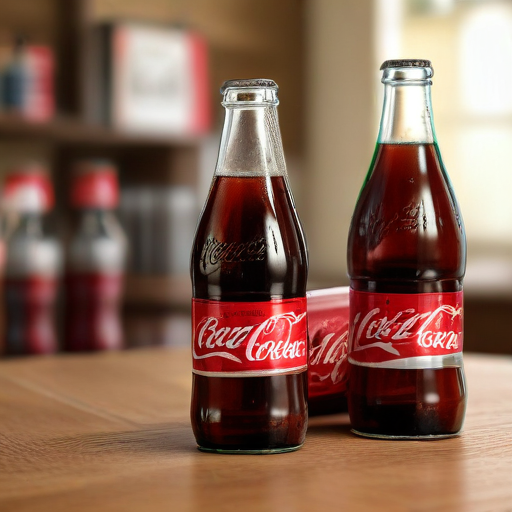In the United States, consumers are increasingly opting for weight loss drugs and non-alcoholic beverages, which has led to a slowdown in soda purchases. Despite this trend, Coca-Cola reported impressive earnings for the second quarter, showcasing strong global demand for its products. This positive performance has prompted the beverage leader to enhance its full-year financial guidance.
Coca-Cola CEO James Quincey expressed optimism about the company’s second-quarter results, highlighting solid growth in both top-line and operating income against a shifting market backdrop. However, North America experienced a 1% decrease in volume sales during this period. Quincey attributed this decline to a weaker performance in “away-from-home channels,” which encompass a range of products, including water, sports drinks, coffee, tea, and soft drinks.
Notably, this decline was somewhat offset by the success of Fairlife milk and the iconic Coke, both of which achieved significant retail sales growth. To address the drop in soda sales, Coca-Cola is collaborating with food chains to integrate its products into combo meals, including working with McDonald’s on its $5 meal deal that features a soft drink.
Financially, Coca-Cola outperformed Wall Street expectations, reporting $12.4 billion in revenue for the second quarter, translating to earnings of approximately $0.84 per share. Analysts had anticipated revenues of about $11.76 billion or $0.81 per share. In light of its strong performance, the company now projects organic revenue growth between 9% and 10%, raising its previous forecast of 8% to 9%.
Pepsi, on the other hand, has faced challenges in attracting U.S. consumers, who are increasingly leaning towards healthier lifestyle choices, including reduced alcohol consumption. Earlier this month, Pepsi cited a series of product recalls as contributing factors to its lackluster second quarter.
This article reflects the evolving beverage landscape, where traditional soda consumption is facing new challenges. However, Coca-Cola’s ability to adapt and find growth avenues, especially through strategic partnerships, is a promising sign for the brand’s future. As consumers continue to prioritize health, it will be intriguing to see how beverage companies innovate to keep pace with these changing preferences.
